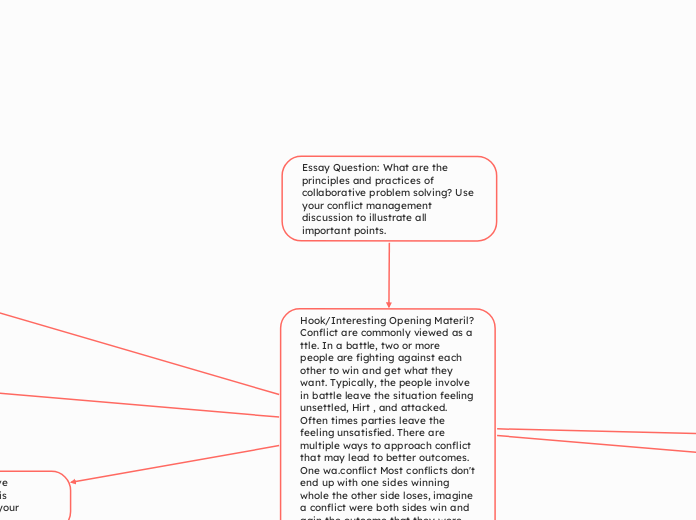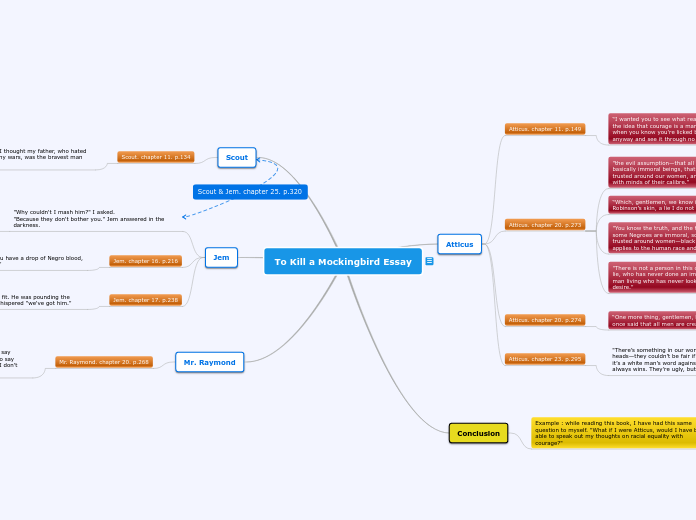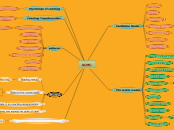How did my conversations demonstrate that I understand and. Applied the second step of CPS?
Going through my conflict conversation I was able to gather the exact moments in which I applied the second step of CPS?
In the conversation with my brother, I applied empathetic listening, really trying to find and comprehend my brothers perspective and needs. We can find the usage of empathetic listening through 1:40-2:04.
Me and my partner also used the formula “When…..Need…x” My partner uses the formula from 2:15-2:52
Through the whole conversation I did not interrupt my brother. Successfully found the needs etc.
How did my conversations demonstrate that I understand and. Applied the first step of CPS?
When going through my conversation I fully presented the principles of what it means to connect to the humanity of the other.
What examples did I gather?
My brother also expressed why he might act the way he does sometimes and his feelings towards his attitude. He Preserved his dignity giving me a better understanding of his feelings and desires, by him applying this it gives room for a future solution thta dully hits all the needs and desires etc. We can see this from the first minute up to 1:40.
When presenting and expressing my feelings to my brother I fully articulated my stance and preserved my dignity, and accompanied my dignity with self compassion. Through seconds 36 up to the first minute this is shown.
I told my brother that I would to discuss our conflict in which he I asked him if he wanted to to speak first without going directly ahead and addressing the problem
I started the conversation by asking my brother how he was, to make sure it was the right moment to have the conversation
Essay Question: What are the principles and practices of collaborative problem solving? Use your conflict management discussion to illustrate all important points.
Hook/Interesting Opening Materil? Conflict are commonly viewed as a ttle. In a battle, two or more people are fighting against each other to win and get what they want. Typically, the people involve in battle leave the situation feeling unsettled, Hirt , and attacked. Often times parties leave the feeling unsatisfied. There are multiple ways to approach conflict that may lead to better outcomes. One wa.conflict Most conflicts don't end up with one sides winning whole the other side loses, imagine a conflict were both sides win and gain the outcome that they were looking for.
How did my conversations demonstrate that i understand and. Applied the four steps of the CPS
Step 4 of the collaborative problem solving process is about jointly constructing a solution were both parties gain the maximum.
Practices
Draw the possibilities and outcomes, list them and do their pros and cons
identify the solutions that meet the most needs
select the solution that benefit the most
0 sum game: Fixed set of resources
A football game is the perfect example of a 0 sum game. Each team is trying to beat the other, which results in only one winner.
A car negotiations: No one ends up gaining or receiving what they wanted.
Both parties benefit
Maximum gain: Needs for each person
Step 3 of the collaborative problem solving process is about sitting down with your partner and coming up with ideas that will find a mutual maximum gain solution for both parties.
Embrace messiness, don't worry about being messy when coming up with solutions, we want to Think about everything.
Deviate from the norm
Bounce ideas off each other and talk about outcomes and what you like or dislike from the idea.
Figure out a win win solution
Talk about need both parties to speak their needs out
Generate solutions on the basis of the needs
Ask you partner to tell you their version of the problem so you can both come up with solutions to the conflict
Use the empathetic skill we have learned along the way to find the maximum gain solution for both
Working collaboratively with the other person
Be empethatic, acknoeledge the emotions of the other. Use empathy to help you partner feel safe and fully express his or her needs to come up with the best solution
Use empathetic listening
Step 2 of the Collaborative Problem Solving process is identifying the needs of your partner as well as yours.
In empathetic listening our job is to understand the perspective, needs, views, and feelings of the other and to put ourselves in their shoes, to experience the world as they do.
Don’t interrupt
Summarize what your partner has said.
Allow your partner to correct you, and be empathetic, truly understand your partners needs.
Express empathy
Ask questions, and repeat back what he or she has said.
Eliminate distractions
Describe concrete events.
Us the following formula: When x Happens I feel x Because I have a need for x.
Don’t judge or characterize
Know your values, knowing your value allows us to withstand irritation and comments from the other.
Self Assertion mode
Self-Assertion mode is when you express your perspective in a conflict with your wants, needs feelings, and stories. If empathetic listening is about tending to the other person's needs, self-assertion mode is about expressing what is inside of you. It is about you and not the other person. Pg, 101
Use I Statement's
I statements simply express needs and feelings without judging or blaming. They are called I statements because they ate about the self and not about the other. pg, 103
Principles
Position the proposed solution to the unidentified problem.
Turn arguments into collaborative solutions
Distinguishing the differences between positions and needs.
Conflicts are the differences thta people have been each other, which often scale into arguments, making the other person and ourselves feel attacked by the other. The key is to manage emotions and work together to solved problems
Thesis: In collaborative Problem-Solving process individuals jointly work together to address conflicts and progressively explore the hidden needs and interest of their party, to mutually find the best profitable solution. Partners engage with curiosity and concern, listening closely to their participant, so that comprehension on the motives that lie beneath their expressions and actions are revealed. As the process of the four steps continues and is applied, individuals learn how to explore, foster better communication skills and become better conflict resolutioners; by developing a space and environment were expressing thoughts, and desires, wont be judged or challenged, but rather safe and approved.
What is the step 1 of the Collaborative Problem Solving process and what are the corresponding principles and practices?
Practices
Body language
Summarize
Dont interrupt
Asking questions
Find out what your partners needs and desires are.
Empathetic listening
Find and hear your partners understanding of the argument, conflict.
Monitor your partners feelings as well as your own
Don't try to solve the problem in anger
It is essential that we resist the urge to jump and encounter feeling frustruated.
In conflict we will almost anything to preserve our reputation, sometimes when trying to pr
Separate the person from the problem
Step one of the collaborative problem, solving process is the connection to the humanity of the other. The 3 most important principles of connecting to the humanity of the other are preserving dignity, credulity, curiosity.
Self-Compassion
Being kind to yourself even when misunderstanding and making accusations that aren't necessarily true.
Compassion
Being present and engaged in the emotional experience of the other, caring for the suffering of the other.
Curiosity
Trying to find a deeper meaning in understanding
Being interested about what the other says and alert to learn new information
In order to understand others we need to recognize their motivation. Everything we do is influenced by our needs and desires and it also
Credulity
Being genuine towards the other as a credible source.
Is the capability of accepting and believing what the other party has told without doubt or criticism.
Believing without enough evidence.
Preserving Dignity
Dignity is the state of being worthy of value, honor, esteem, or respect.
Dignity is the state of being worthy of value, honor, esteem, or respect. (Pg. 23)









